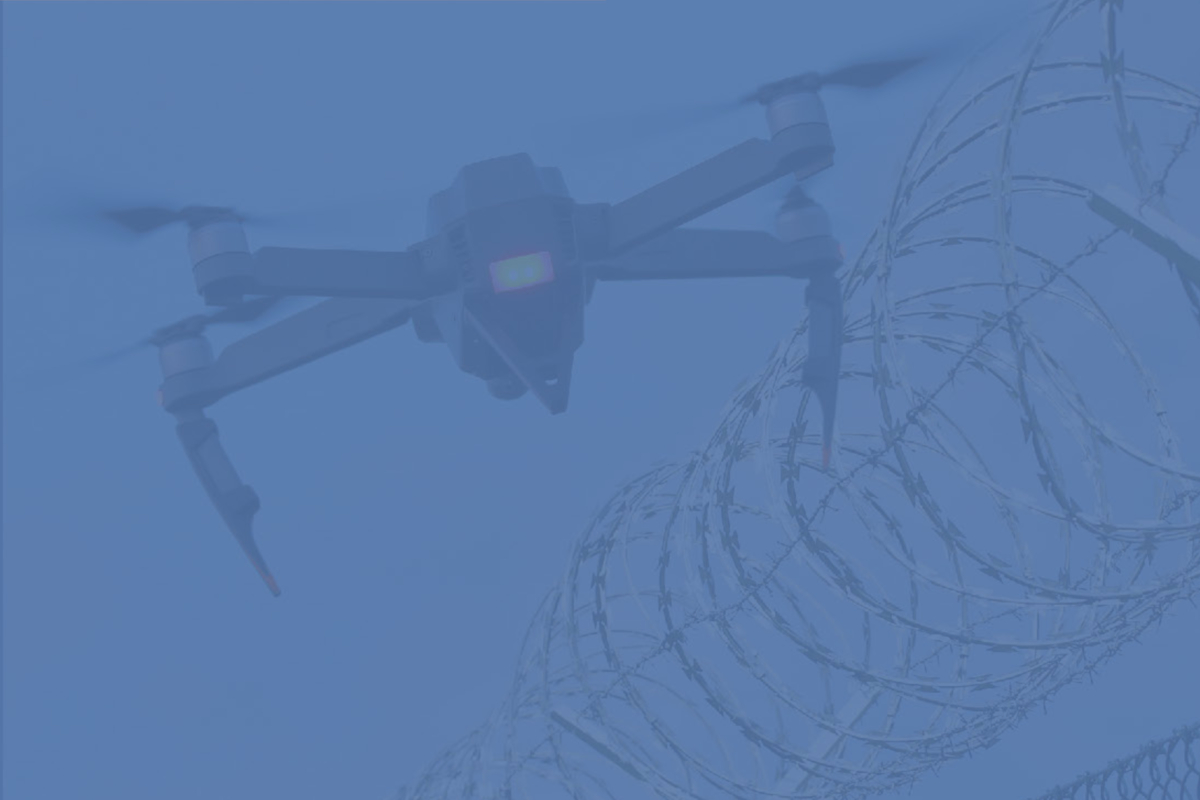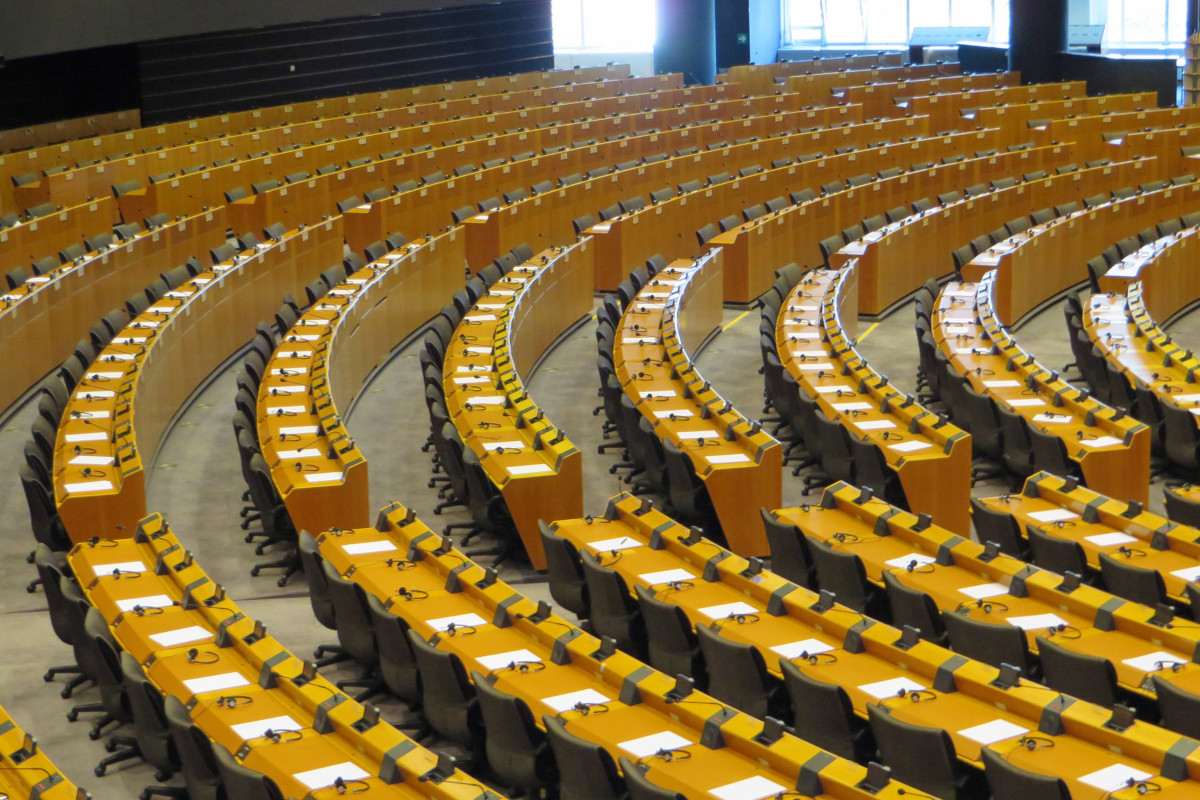“PUSH BACK FRONTEX”: campaign in Senegal targets deployment of EU border agency
Topic
Country/Region
10 July 2023
A campaign against the deployment of Frontex in Senegal is seeking to halt a proposed agreement between the EU and the West African state and to denounce “how the EU collaborates with our complicit regimes killing people in the Mediterranean and in transit countries.”
Support our work: become a Friend of Statewatch from as little as £1/€1 per month.
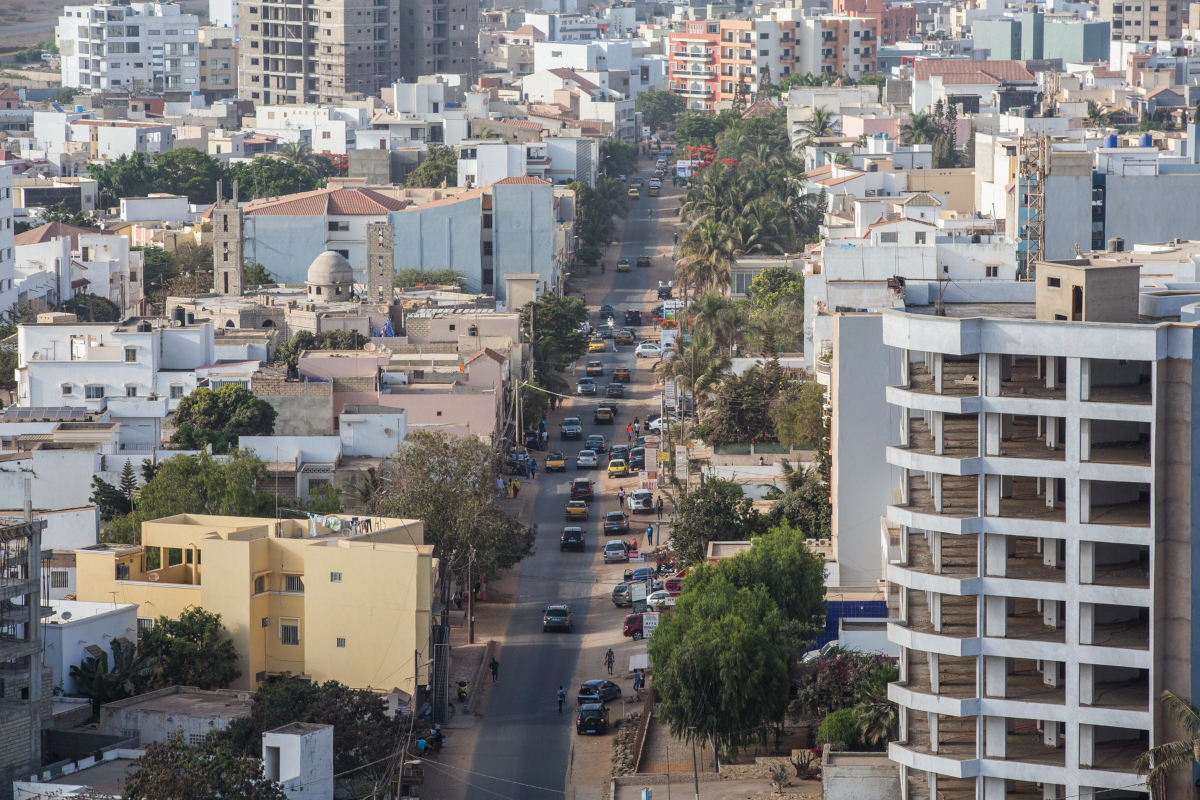
Image: World Bank Photo Collection, CC BY-NC-ND 2.0
A three-day event of talks, film, music and protest next month – entitled 72h PUSH BACK FRONTEX – is being organized by the group Boza Fii to highlight the campaign’s demands and provide a space for learning and exchange on deportations, visa policies, and European border externalization.
The context for the event is the ongoing negotiation of a status agreement between Senegal and the EU which, once signed, would allow the deployment of Frontex officials on Senegalese territory. “The installation of Frontex on our coasts will only increase the number of forced deaths in the SAR zones of the Atlantic,” say Boza Fii.
The group, which was founded in 2020, held their first PUSH BACK FRONTEX event last year. Other recent actions have included a demonstration against Frontex, actions around mass deportations to Senegal from the EU, and providing support to deported individuals. The group say that they plan to organize the PUSH BACK FRONTEX event every year until the agency’s “definitive dissolution”.
Pushing back Frontex: public pressure against a status agreement in Senegal
In February last year the European Commission proposed a status agreement permitting the deployment of Frontex in Senegal. Yet nearly a year and a half later, though negotiations between the EU and Senegal remain open, the agreement has yet to be concluded, a delay that has been credited to significant public pressure against the unpopular measure.
The text should be based on the “model status agreement” drawn up after the entry into force of the 2019 Frontex Regulation. Agreements currently in force – with countries in the Balkans, as well as one with Moldova – permit the deployment of Frontex officers in non-EU countries, as is the intention for the agreement with Senegal.
In a recent report on border externalization in Senegal and the status agreement, ASGI underline the political tensions the negotiations have caused in the country:
“These risks [of fundamental rights violations], combined with general disagreement over a measure that clearly involves waiver by Senegal of some sovereignty over its own external border controls, are the subject of heated discussion by civil society. And finally, it should not be forgotten that Senegal's next presidential elections will be held at the start of 2024, making it hard to predict whether President Macky Sall will decide to sign such a pro-European agreement at such a delicate political time.”
Last week Sall announced that he will not seek a third term as president, a move that would have been unconstitutional. There have been extensive protests against Sall’s administration in recent weeks, in particular after Ousmane Sonko, a leading opposition figure, was sentenced to two years in prison. At least 15 people were killed during the protests, with reports of armed men dressed in civilian clothing opening fire upon protesters. The implications of Sall’s decision for negotiations on the status agreement remain unclear at this point.
Status agreement with Mauritania
Meanwhile, negotiations on a status agreement appear to have advanced somewhat further in neighbouring Mauritania, though they have not yet been concluded. Last week the Dutch MEP Tineke Strik published a report (pdf) highlighting a range of fundamental rights concerns connected to the envisaged agreement.
Her report states: “the deployment of Frontex executive powers in Mauritania entails a high risk of becoming complicit in serious and most likely persistent violations of fundamental rights or international protection obligations.”
The status agreements in Senegal and Mauritania would have crucial differences to the existing status agreements in the Balkans and Moldova. While those countries are members of the Council of Europe and are thus bound by the European Convention of Human Rights, in Senegal and Mauritania a different legal framework would apply.
As the agreement foresees a structure of command in which Frontex receives instructions from Mauritanian officers, Strik notes that there would be a significant lack of clarity around how Frontex might be held legal accountable, particularly as the EU aims to ensure that members of the standing corps be granted immunity.
In her report, Strik writes that the provisions on immunity are too broad and pose “a significant risk of fostering impunity.” As the report also highlights, the possibilities for recourse against Frontex in Mauritania would be limited, as non-EU citizens do not have the possibility to submit complaints at the EU Ombudsman and the Court of Justice of the European Union (CJEU) has limited jurisdiction over external action.
Author: Kelly Bescherer
Our work is only possible with your support.
Become a Friend of Statewatch from as little as £1/€1 per month.
Further reading
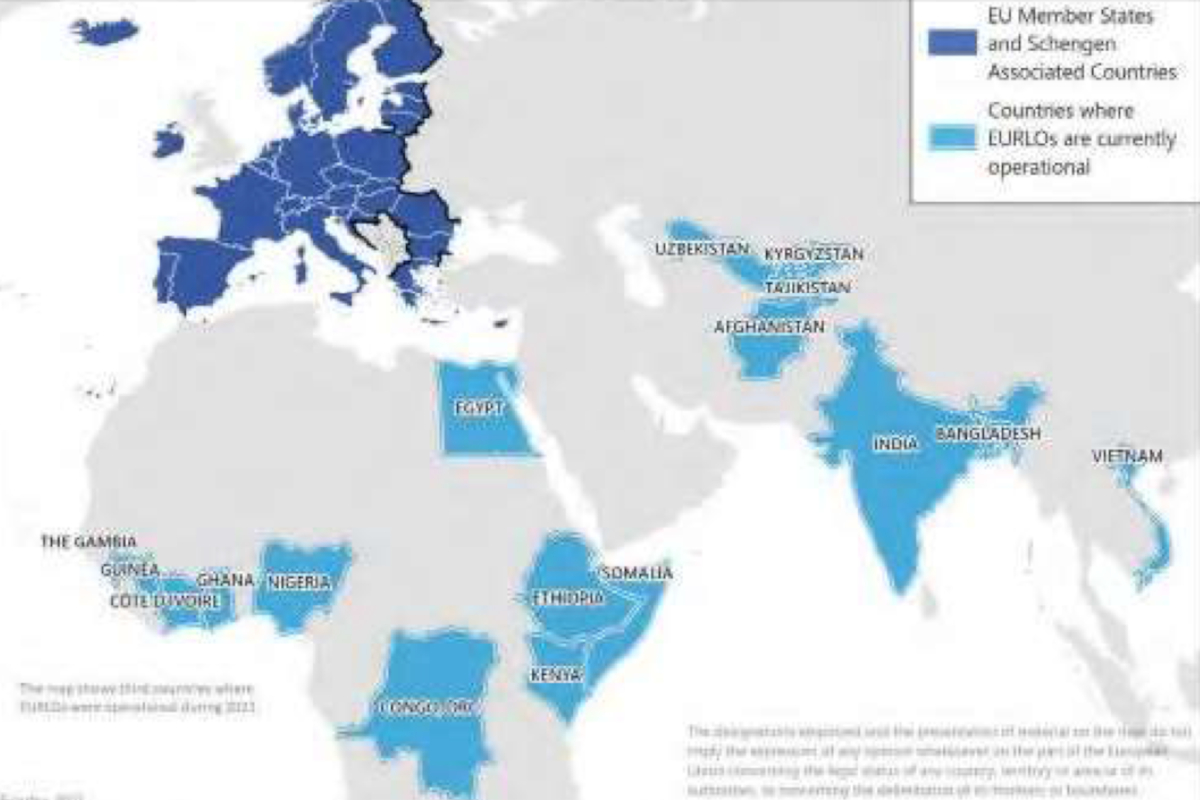
Frontex celebrates "expanding footprint" beyond the EU in report on third country cooperation
EU border agency Frontex is obliged to report annually to the European Parliament, European Commission and Council of the EU on its cooperation with non-EU countries. The 2021 report, obtained by Statewatch and published here, focuses on an expanding influence in the Western Balkans, information sharing, the expansion of the European Border Surveillance System (EUROSUR) to non-EU states, and deportations.
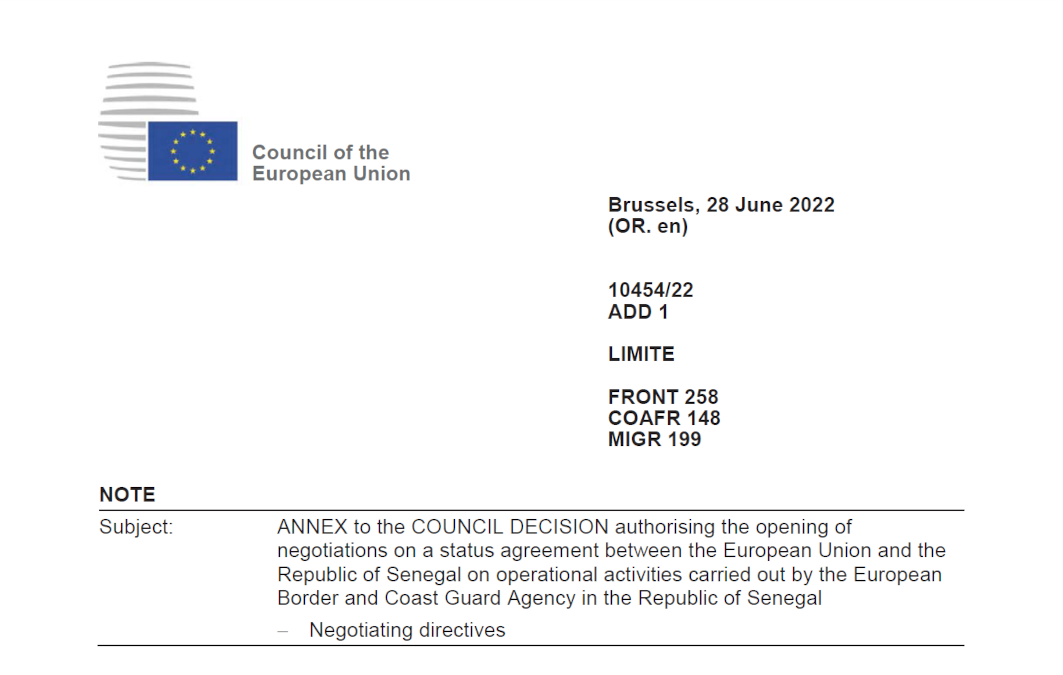
EU: Tracking the Pact: Council demands legal immunity for Frontex in Senegal "under all circumstances"
The negotiating directives for the proposed status agreement that would allow Frontex to operate in Senegal place a strong emphasis on the need for criminal and civil immunity of Frontex staff in Senegal "under all circumstances", while ensuring the most extensive executive powers possible.
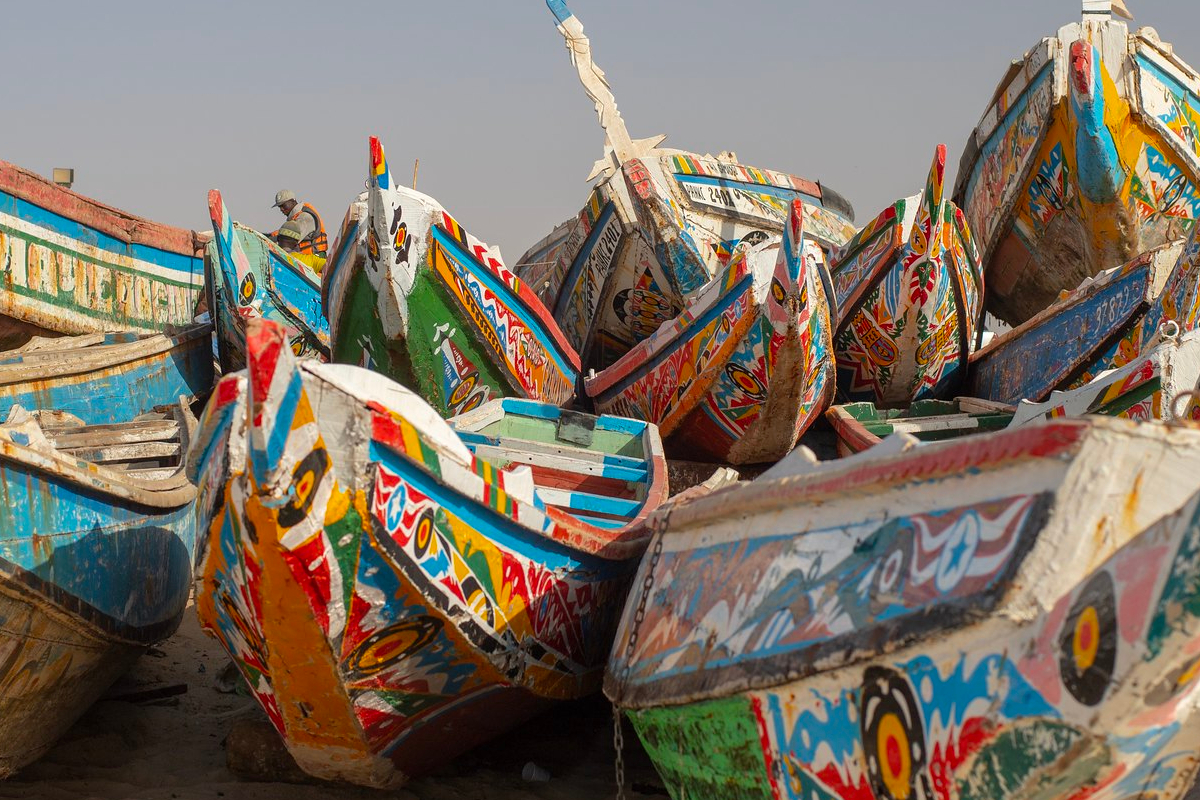
EU: Tracking the Pact: Plan for Frontex to deploy "vessels, surveillance equipment, and carry out operational tasks" in Senegal and Mauritania
The EU's border agency is also due to open a "risk analysis cell" in Nouakchott, Mauritania, in autumn this year, according to documents obtained by Statewatch and published here. The two "action files" put heavy emphasis on the "prevention of irregular departures" towards the Canary Islands and increased cooperation on border management and anti-smuggling activities. Earlier this month, the Council authorised the opening of negotiations on status agreements that would allow Frontex to operate in both countries.
Spotted an error? If you've spotted a problem with this page, just click once to let us know.
